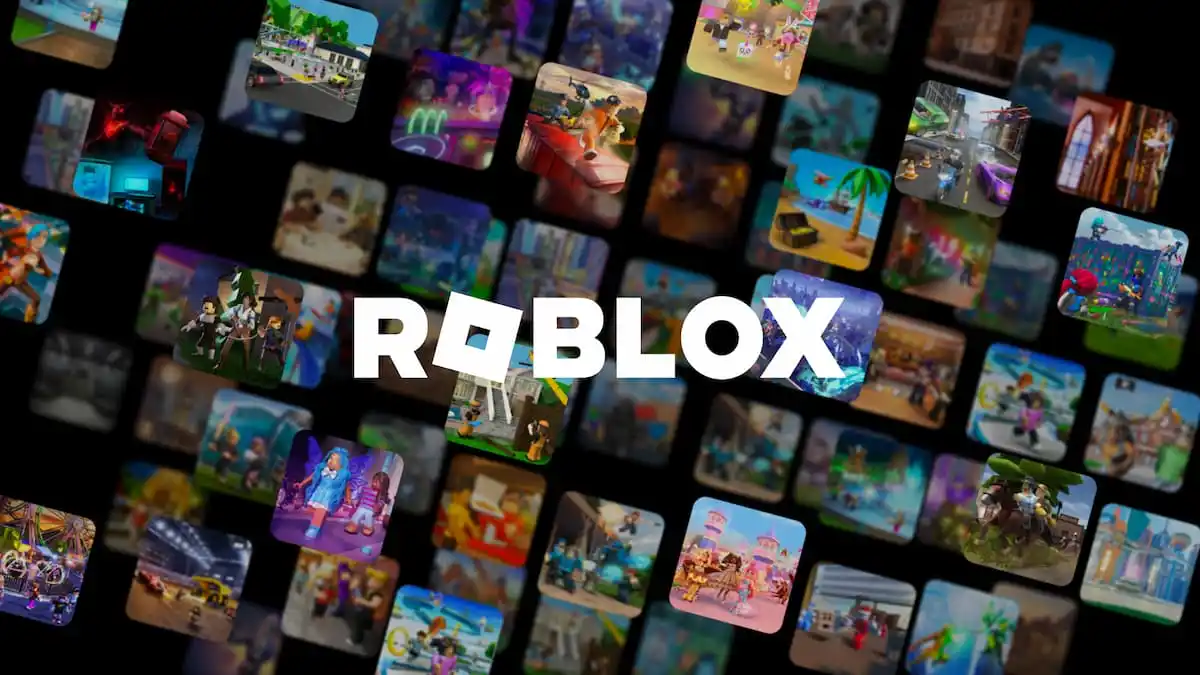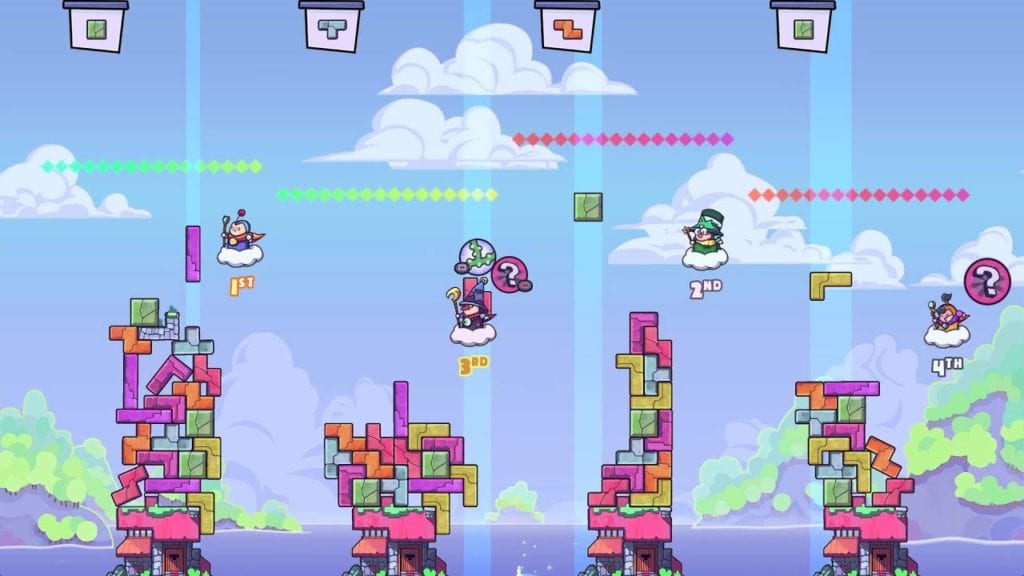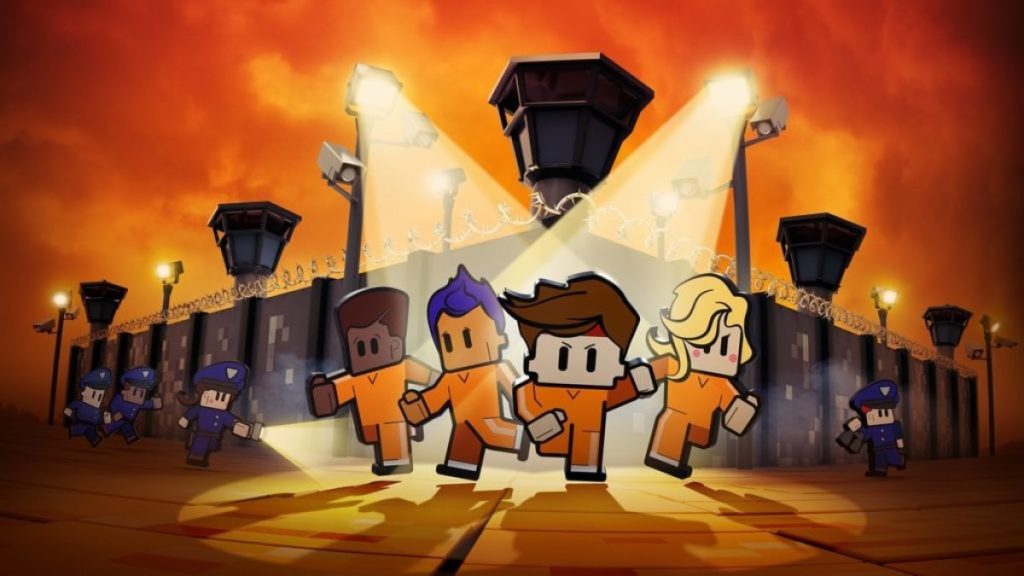Not everyone will have heard of James Varga (Phantoml0rd) but you may remember his involvement in the CS:GO gambling scandal that broke in 2016. Last July we reported that Varga was hinting at legal action against Twitch and a case has now been filed. In July he said:
“As many of you are aware, there is an ongoing dispute between myself and Twitch.Tv. As a result of this dispute, I am not currently providing content through Twitch.tv. While I cannot and will not comment on the substance of this dispute, I assure you I am considering all of my legal options and I am looking forward to asserting my rights to the fullest extent of the law.”
In 2016 Varga was allegedly caught rigging the odds on a site which he was thought to co-own and posting videos promoting the site. It was all very shady and it was Esports commentator Richard Lewis that blew the story wide open. Simply put, Varga came across as quite an unsavory character using his channel to lure in new customers and manipulate odds on gambling through what were effectively fake video adverts. Varga did not disclose in the videos his involvement in the website he was promoting.
Shortly after the skin gambling stories appeared, Valve decided to take action and stopped supporting third-party gambling sites through their API. Twitch then followed suit saying that any content that violated Valve’s rules for Steam would not be permitted and they subsequently closed down Varga’s channel.
Court documents now reveal that Varga is trying to sue Twitch for monetary damages and breach of contract following the closure of his channel.
The documents state that Twitch closed the channel without notice, temporarily suspended Varga’s account and then terminated the contract. Varga claims that Twitch did not provide any explanation for the suspension and “Twitch has made only vague ever-changing allegations of breaches of Terms of Service”. The court filing also states that Twitch representatives informed Varga that he was permitted to broadcast the content he claims Twitch removed his account over. He also says that Twitch never gave him 30 days notice for any apparent violations.
The documents also mention “false allegations” which were the “culmination of an effort to publically disparage Varga and take advantage of his popularity” which is in reference to Richard Lewis’ findings back in 2016.
When the CS:GO gambling scandal broke, it caught organisations such as Valve and Twitch off-guard and it took a few days to put some rules in place. This might explain why Twitch staff did not know how to handle Varga and there may have been some confusion over what he was allowed to Stream.
Since the skin gambling stories broke in 2016, there have been prosecutions here in the UK, most notably Dylan Rigby and Craig Douglas for advertising unlawful gambling and inviting children to gamble. It remains to be seen whether Varga will succeed, but if by some slim chance he does, it could open the floodgates for more cases where accounts have been banned from streaming.







Published: Feb 19, 2018 11:58 pm